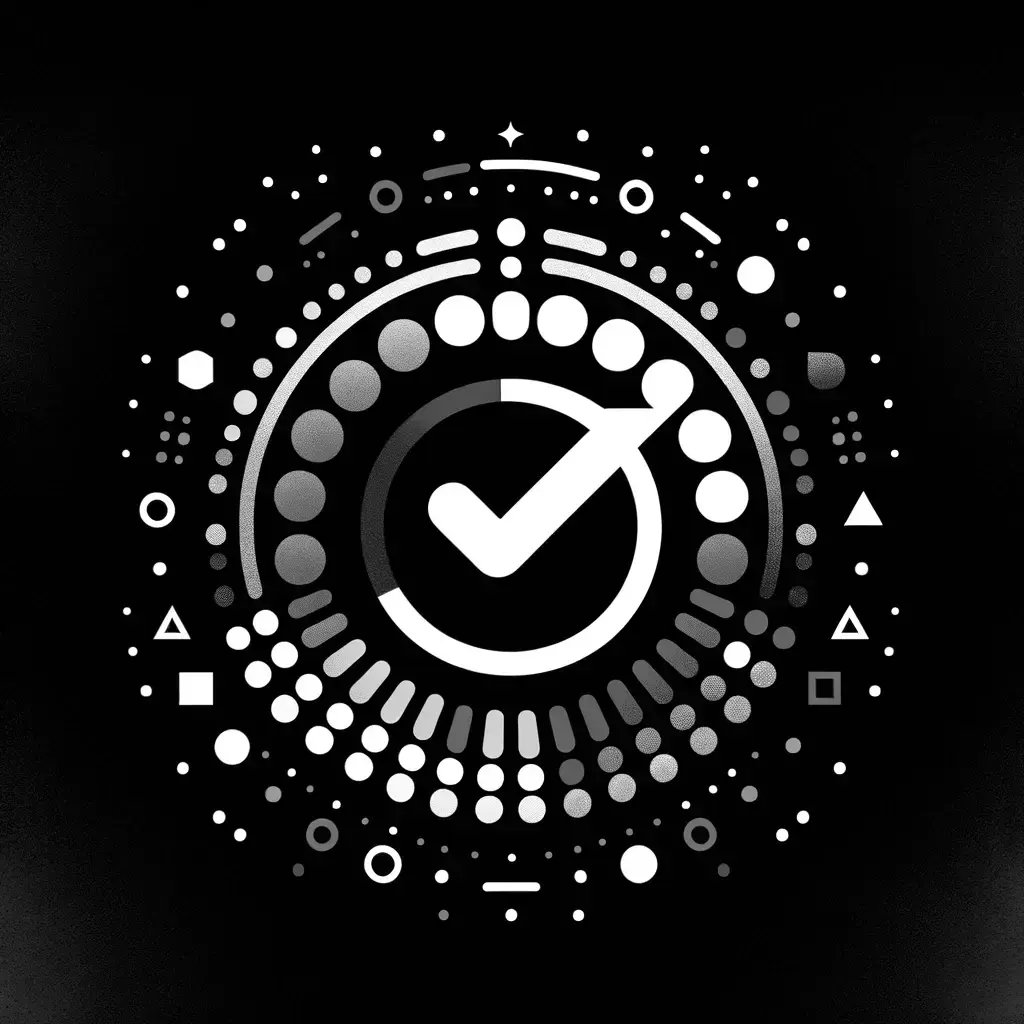China\'s Social Credit Score - Impact on Society
The Social Credit Score is a very creative concept, seemingly harmless and safe.
If implemented correctly, it could completely revolutionize our day-to-day lives. However, if implemented incorrectly, it could lead us down a dangerous path, ruining countless lives and posing a significant threat to an individual’s privacy.
China created the Social Credit Score to provide a ranking to every and all citizens as a way of measuring their trustworthiness. This is done by accumulating various datasets such as individual behaviors, social media data, camera recordings, purchase trends, and other information. This is then aggregated into a score that is assigned to each of the citizens. Suppose a citizen performs a good deed or is helpful to others; their score increases, while if they do something terrible, their score decreases. China also has a blacklist that includes people who have made fraudulent claims and taken loans without paying them back. This blacklist is enforced throughout China, and everyone in contact with a blacklisted citizen is reminded of this as a method of interrogating them until they pay up.
The Social Credit Score system in China is designed to assess the trustworthiness of individuals based on various data inputs. It combines behavior, social media activity, and financial history to create a holistic profile of citizens.
From a thousand-foot view, this is a great idea that promotes good behavior and punishes bad behavior. It would ensure that every citizen follows the rules and is good towards others, at least in areas where they are being monitored and judged. It provides bankers and money lenders an easy and effective way of seeing the individuals they want to do business with and avoiding bad actors. This method would also ensure that evil acts have consequences and that individuals don’t go unpunished. Moreover, the more reliant various services are on this scoring system, the more streamlined and more accessible it would be for the citizens with good scores to access multiple services. Black Mirror’s ‘Nosedive’ shows this example when we see various living estates, airline, and car companies offering better services to individuals with a higher rating. On taking a closer look, however, the cracks come into view. Within this social credit system, the entity differentiating good behavior from bad behavior has total control over the system. They can promote the actions and events they believe to be good behavior while distinguishing any actions that might be harmful to them as bad behavior to demotivate others from performing such behavior.
This would mean taking absolute control over a society, even more so than a dictatorship, as the entity in power would be able to control how their citizens behave and monitor their citizen’s every move.
: The centralized control over defining ‘good’ and ‘bad’ behaviors within the Social Credit System might lead to a form of societal manipulation, stifling genuine personal expression and freedom.
As we see in Nosedive, this change will heavily impact society, as people will force “good behaviors” onto their lifestyles and themselves. We see this happening in Nosedive, where everyone pretends to be friendly and helpful; they smile and act politely, even though they revert to their original selves as soon as the spotlight is off them. Not only would this put tremendous stress on the citizens, but it would also wrongly promote being pretentious and acting friendly, even in situations where it might not be possible.
This social credit system will not ever be implemented successfully within the US. This is because even though it offers many advantages, it significantly hinders democracy. It directly affects an individual’s freedom and their right to hold opinions. Due to its communistic solid governance method, China can effectively implement this throughout its nation. The government is in total control and can take action and implement policies with little to no resistance from its citizens. This dramatically contrasts the US’s democratic governance method, where every new policy is heavily critiqued and resisted. Although, I do see a modified version of China’s social credit system eventually coming to the US.
Rather than making it a voluntary system where every citizen is automatically enrolled in this program, having an “opt-in” credit system would allow certain people to opt-in and reap the benefits while not imposing any restrictions on people who want no part.
For those considering participating in an opt-in version of a social credit system, it’s crucial to understand the privacy implications and manage who has access to your personal data.
They would still have to participate in the normal process of accessing services. This is like how banks can view an individual’s credit score; however, the individual still controls who has access to these records.
Whether opt-in or not, the credit score system will eventually end up being used by most people, and we need to ensure that sufficient thought has gone into its implementation before it’s too late.
As discussions about social credit systems continue, it’s important to critically assess the ethical, social, and political impacts of such systems to avoid potential misuse and to protect individual freedoms.
